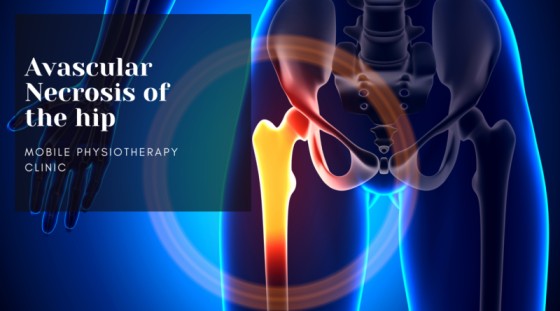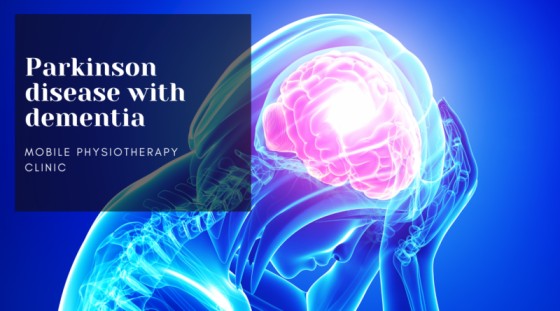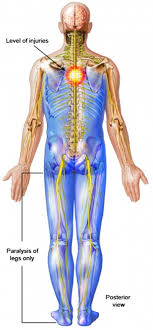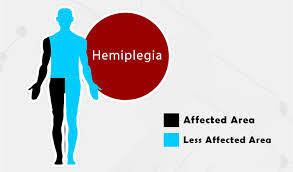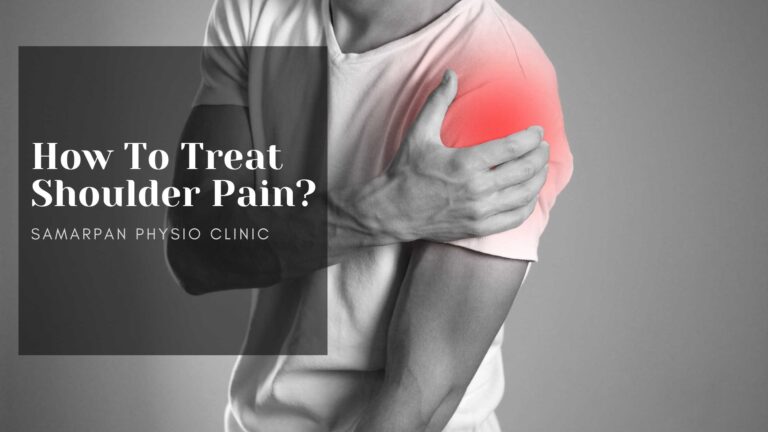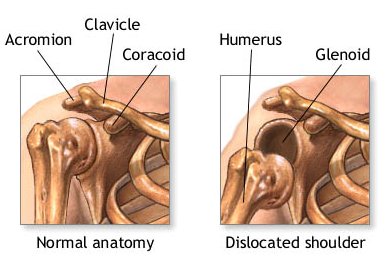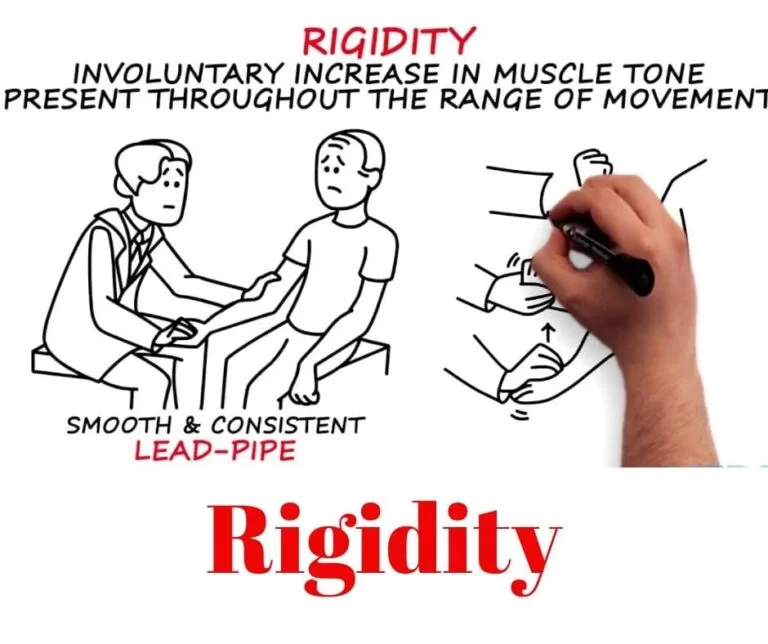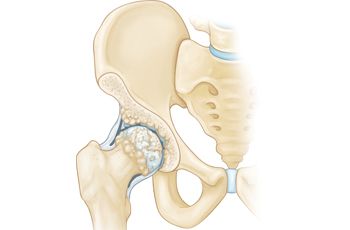Avascular Necrosis of the Hip
Avascular necrosis, also called osteonecrosis, is a disease of bone. Necrosis is a general term for ‘cell has died’. It is the death of the bone tissue due to the lack or absence of blood supply. Avascular necrosis develops tiny breaks in the bone which ultimately results in bone damage. The condition is most common…

